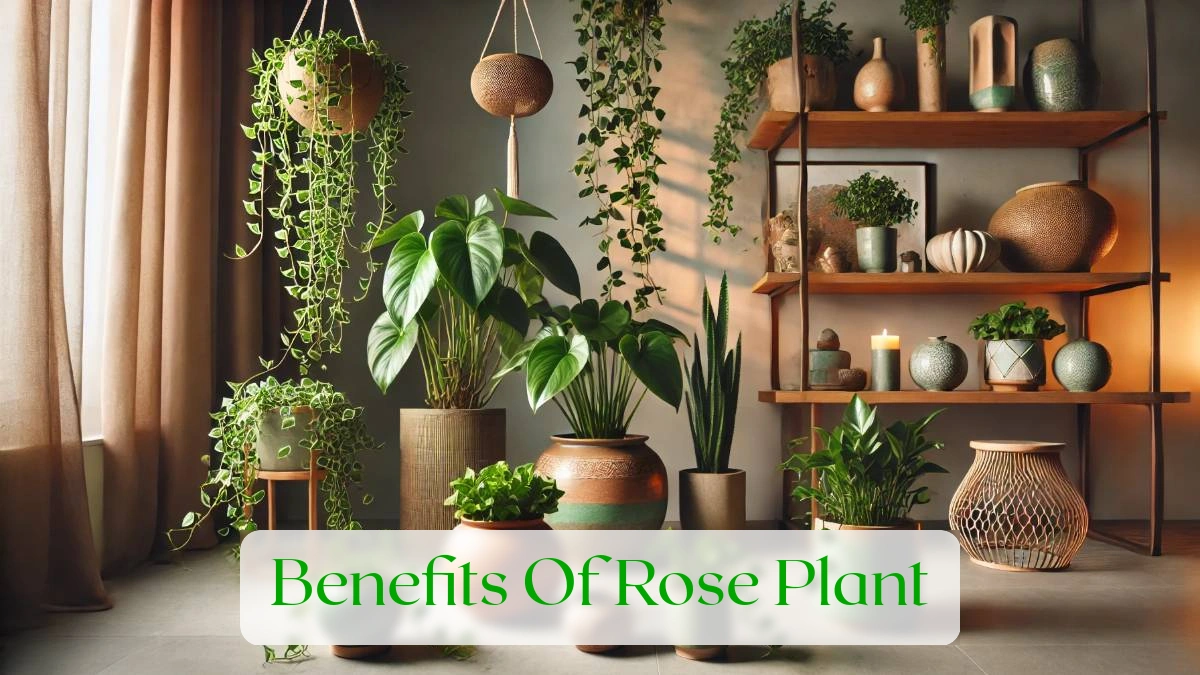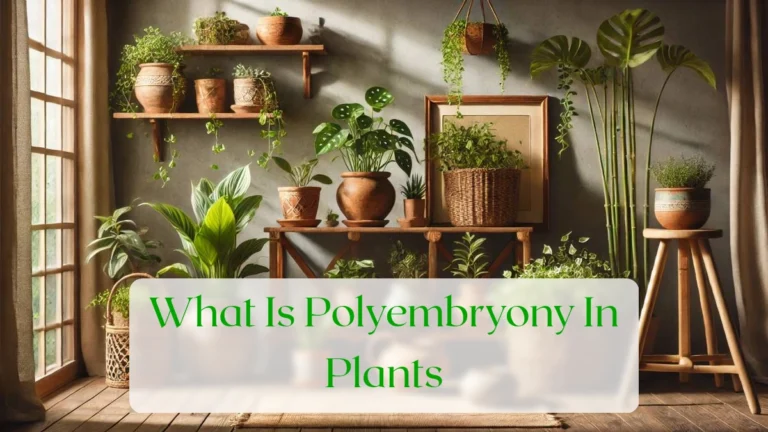Imagine a garden bursting with fragrance and beauty… that’s the power of roses! This post explores the amazing benefits of rose plants, answering your questions about growing and enjoying them in the vibrant Indian climate. Discover their undisputed beauty, remarkable health benefits, and surprisingly versatile practical uses. From fragrant blooms to medicinal properties, let’s unlock the full potential of rose plants in your Indian home and garden.
Rose Plants: A Burst of Beauty in Your Indian Garden
Choosing the right rose variety is crucial for success in India’s diverse climate. Opt for heat-tolerant options like floribundas, which produce clusters of flowers, or hybrid teas, known for their large, classic blooms. Disease-resistant varieties are also key, minimizing the need for harsh chemicals. Consider your specific region – coastal areas may require salt-tolerant options, while cooler hill stations offer more choice.
Creating a truly stunning rose garden requires careful planning. Roses thrive in at least six hours of direct sunlight daily. Choose well-draining soil, rich in organic matter. Companion planting with herbs like lavender or rosemary can deter pests and improve overall health. Effective water management is vital – deep, infrequent watering is preferable to shallow, frequent sprinklings. This encourages deep root growth, crucial for survival during dry spells.
Easy rose care adapts to the Indian climate with regular maintenance. Prune your roses in the dormant period (winter months) to remove dead or diseased wood, and to shape the shrub. Regular fertilizing with a balanced rose food, particularly during the blooming season (spring and autumn), helps secure vibrant blooms. Careful monitoring for common pests such as aphids and fungal diseases is important for long-term rose vibrancy.
Read more: what is polyembryony in plants
Beyond Beauty: The Health Benefits of Roses
Rose petals hold a prominent place in traditional Indian medicine – Ayurveda. They’re valued for their cooling and astringent properties. Ayurveda uses rose petals in many formulations and recipes to treat inflammatory conditions, balance body heat and soothe skin issues; this knowledge guides the incorporation of these petals directly in certain skin creams or pastes. Rose water acts as a natural toner; using a splash on cleansed skin can improve your complexion and hydration significantly. The gentle astringency also means the petals aid digestive functions in several preparations.
The therapeutic power of the rose aroma is a significant wellness tool. Inhaling the fragrant essence has stress reducing benefits; simply spending time smelling natural rose fragrances can quiet minds and encourage relaxation. Improved sleep quality; and an uplift of mood through the delightful aroma are other prominent rewards; the floral presence reduces feelings of pressure associated with a demanding life.
Practical Uses of Roses in Your Home
Making rose water involves simple distillation processes – easy and safe at home. Gather fresh rose petals, submerge in purified water, gentle boiling then condenser the vapor formed. The result is refreshing and versatile rose water – a culinary addition and a key makeup staple for DIY concoctions alike. Storing rose water in a dark-colored glass bottle helps preserve its delicate oils and aroma better.
Rose petal jams and jellies bring both delectable fragrance flavors into preserves to the kitchens of India’s homes. Traditional techniques use rose petals in tandem with other Indian flavours such as cardamom as a spice and create unique Indian flavors perfectly for jams, particularly with mangoes and other fruits. Simple sugar preservation methods; easy for amateur cooks yield fantastic jam recipes that could create new revenue and economic uplift within communities involved. Adding cardamom elevates the taste.
You too can create many Rose Products yourself! Many simple DIY initiatives abound using Rose: Potpourri – preserve fragrant beauty; herbal teas – blend rose petals with other herbs; natural dying using rose petals yield enchanting pigments of pastel pink. With the creativity to tap into the fragrance of Rose to add to everyday items is something uniquely special to Indian life and well matched by the rose itself.
Read more: indian flower leggings
Rose Plants & Feng Shui: Bringing Harmony to Your Home
In Feng Shui, roses symbolise love, beauty, and romance. Placing rose plants in your south-west corner could encourage relationships. Using soft pastel colors enhances the harmony. Specific rose varieties can suit a space – climbing hybrid teas near supports lend a dramatic aspect of vertical beauty; dwarf types fit easily in smaller places.
FAQ
- Are roses difficult to grow in India? No, with the right variety and care, roses can flourish in India.
- What are the best months to plant roses in India? The best time is during the cooler months, from October-late November where you will maximize growth. Some summer species can be planted until early-summer but need a shade in late day.
- How do I protect my rose plants from pests and diseases? Regular pruning, appropriate fertilizer improves strong growth to enable defence; timely insecticidal spray treatment assists if bugs take hold, but prevention methods need prioritized first.
- What are some common rose varieties suitable for Indian gardens? Floribundas and hybrid teas offer robust options resistant to heat.
- Can I use rose petals from my garden for cooking and skincare? Absolutely! Just ensure they’re pesticide-free and cleanse the petals to use in food application or on your skin.
Read more: the oxygen liberated during photosynthesis by green plants comes from
Conclusion
Rose plants offer a multitude of benefits – from their stunning beauty to their practical and medicinal uses for many areas of Indian Life. Enjoy the fragrance, elegance, and well-being rose cultivation brings to your cherished Indian home and community – share your rose growing adventures! What have been your secrets for creating gorgeous and fragrant Roses? We welcome the conversation. Let’s discover together the power and wonders of the rose within India.



